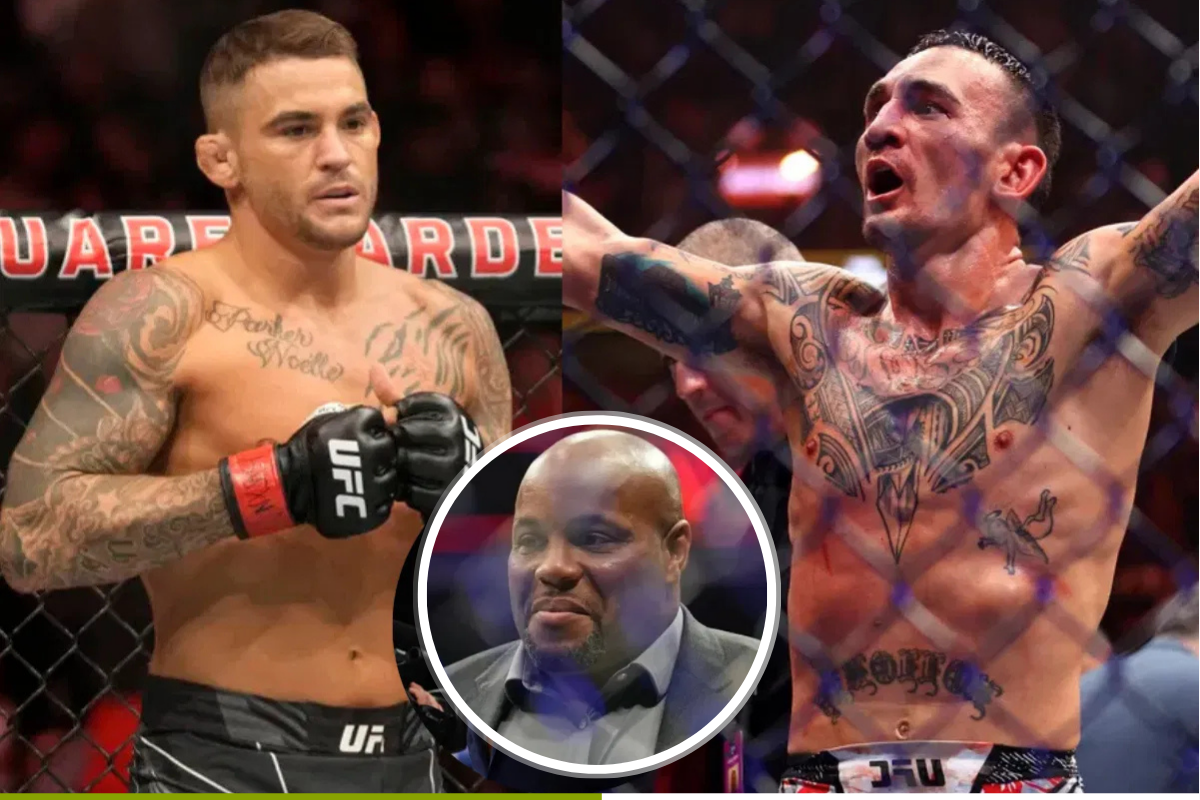
Imago
Credits: IMAGO

Imago
Credits: IMAGO
The Max Holloway we know today—the BMF champion, record-breaker, and striking maestro—was not born from victory. Instead, he was shaped by some significant losses, two to be exact. According to Daniel Cormier, Holloway’s defeats against Dustin Poirier helped build him into the warrior he is today. In fact, as per the UFC veteran, their forthcoming trilogy fight at UFC 318 is a return to the origin story of one of MMA’s most spectacular transformations, not a nostalgia-fueled bout. But how? And what did he say?
Watch What’s Trending Now!
When Daniel Cormier reassessed Max Holloway’s career in a recent YouTube video, he didn’t just point to numbers and titles. He highlighted the situations that broke ‘Blessed’ down and forced him to rebuild. “The first time Max Holloway fought, he was far too young—he didn’t really know what he was doing in the UFC,” Cormier said, referring to their first fight in 2012. Holloway was very young when he was thrown into a fight against the experienced Dustin Poirier. The second time they met, it was for an interim lightweight title, but Holloway’s build had not caught up with the division. “That’s where the ‘pudgy Max’ came from,” DC clarified. The Atlanta loss was due to size, timing, and readiness, not skill.
But what happened after that second defeat was nothing short of miraculous. Instead of allowing his loss to define him, Holloway used it as a blueprint. He focused on his skills, namely his speed, durability, and, most importantly, his boxing. Max Holloway did not just improve; he evolved into a completely different kind of problem. His striking improved to a level few in MMA could match. Against Calvin Kattar, he didn’t just win—he put on a record-setting masterclass while shouting “I’m the best boxer in the UFC” mid-fight. Nobody argued. Even Justin Gaethje, one of the sport’s most powerful hitters, couldn’t handle Holloway’s hands at UFC 300.
ADVERTISEMENT

Imago
MMA: UFC 291 – Poirier vs Gaethje Jul 29, 2023 Salt Lake City, Utah, USA Dustin Poirier red gloves fights Justin Gaethje blue gloves during UFC 291 at Delta Center. Salt Lake City Delta Center Utah USA, EDITORIAL USE ONLY PUBLICATIONxINxGERxSUIxAUTxONLY Copyright: xJeffxSwingerx 20230729_szo_si8_0350
Daniel Cormier sees this as a result of the Poirier fights, not despite them. “Max looked like he put on weight, but he didn’t look as strong as he did when he fought Justin Gaethje,” DC said, creating a clear distinction between the past and the present. What was once an unpleasant weight gain has transformed into a second home. And Holloway isn’t just surviving at lightweight; he’s defeating legends. He’s transformed his boxing into a weapon that not only wins rounds but also finishes bouts. It’s a tool honed in fire, and that fire was started by Poirier. But while we talk about the changes Max Holloway brought within himself, there is one major change that Dustin Poirier wants Dana White to make as well. So, what is it?
ADVERTISEMENT
Dustin Poirier requests Dana White for a UFC rule change
While Holloway has transformed himself into a lightweight menace, Dustin Poirier is planning something more spectacular for his swan song. The fire he once kindled in Holloway has since grown into an inferno, and ‘The Diamond’ is hoping to leave one more spark—this time, not in his fists, but in the rulebook. After all, if this is his final fight, why not end it on his terms? He is not looking for an easy opponent; he has already accepted Holloway. What he’s asking for now is a different type of battlefield.
Dustin Poirier isn’t afraid to admit to feeling nostalgic. But his advice to Dana White goes beyond sentiment and touches on the radical instead. The former interim champion wants to reinstate the original PRIDE rules, which allowed anarchy to reign supreme for fighters to really prove themselves. The opening rounds last ten minutes. Fights are judged as a whole. Yes, soccer kicks and knees are being reintroduced to grounded opponents. To many, that sounds savage. To ‘The Diamond,’ it sounds ideal. “Every time there’s a BMF title fight, 10-minute first round, fights judged as a whole, soccer kicks allowed,” he told Ariel Helwani, sounding like a man not only reminiscing but also pushing for a revolution.
ADVERTISEMENT
At first glance, it seems insane. Why alter the rulebook for one man? But here’s the thing: Poirier isn’t just any man. He’s dedicated decades to the sport and now wants his final chapter to respect the blood and grit of MMA’s wild beginnings. If the BMF belt represents authenticity, rawness, and the struggle that lives in your bones, then Poirier’s ambition isn’t so farfetched after all. He doesn’t just want to fight Max Holloway; he wants to fight him in conditions in which no mask or round can protect him. Where only the better man walks out, leaving the other to wonder what just hit him. What do you think? Is this a good plan? Let us know in the comments.
Top Stories
Dana White Cuts Israel Adesanya Teammate After UFC 325 Cheating Controversy
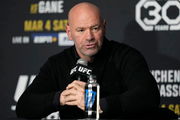
Jorge Masvidal Calls Veteran Referee the ‘Worst Ever’ After UFC 325 Blunder
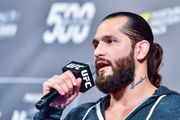
Court Announces Verdict on Ilia Topuria-Giorgina Uzcategui as UFC Champ Puts Justin Gaethje on Alert
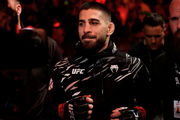
Justin Gaethje Gives Definite Retirement Timeline Ahead of Rumored Ilia Topuria Clash At White House
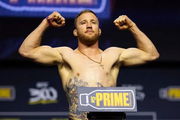
Who Is Arman Tsarukyan’s Father? Nairi Tsarukyan’s Net Worth, Profession & Businesses
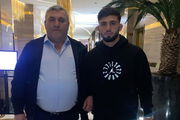
ADVERTISEMENT
ADVERTISEMENT
ADVERTISEMENT